Republican presidential candidate Asa Hutchinson encountered a hostile crowd at Saturday's Florida Freedom Summit when he voiced his belief that former President Donald Trump will likely face conviction next year.
Trump is currently facing four separate criminal indictments, totaling 91 felony charges, related to various allegations including campaign finance fraud, his theft of classified documents, his efforts to overturn the results of the 2020 election, and his role during the Capitol riot of January 6, 2021.
Hutchinson, who has been a vocal critic of the former President, shared his prediction for the outcomes of Trump's trials in Georgia, New York, Florida, and Washington, D.C., during the GOP summit, noting that convictions could disqualify Trump from the presidency.
He stated:
"There is a significant likelihood that Donald Trump will be found guilty by a jury on a felony offense next year ... I’m not even sure he’s qualified to be the next president."
The crowd booed Hutchinson in response.
You can see what happened in the video below.
Many said the moment demonstrated all anyone needs to know about the MAGA movement.
Hutchinson's statement reflects his skepticism about Trump's potential return to the White House. In the past, Hutchinson has expressed doubts about Trump's eligibility to run for the presidency in 2024, citing concerns about his actions related to the events of January 6.
Hutchinson has previously cited Section 3 of the 14th Amendment of the U.S. Constitution, which prohibits anyone who has engaged in insurrection from holding government office.
Section 3 of the 14th Amendment stipulates that individuals who have taken an oath to support the U.S. Constitution and have "engaged in insurrection or rebellion against the same, or given aid or comfort to the enemies thereof," are prohibited from holding any government office.
Hutchinson explained that the enforcement of this provision would likely involve lawsuits aiming to establish that Trump engaged in insurrection, rendering him ineligible. He further suggested that individual states might independently make such determinations, potentially triggering legal challenges.

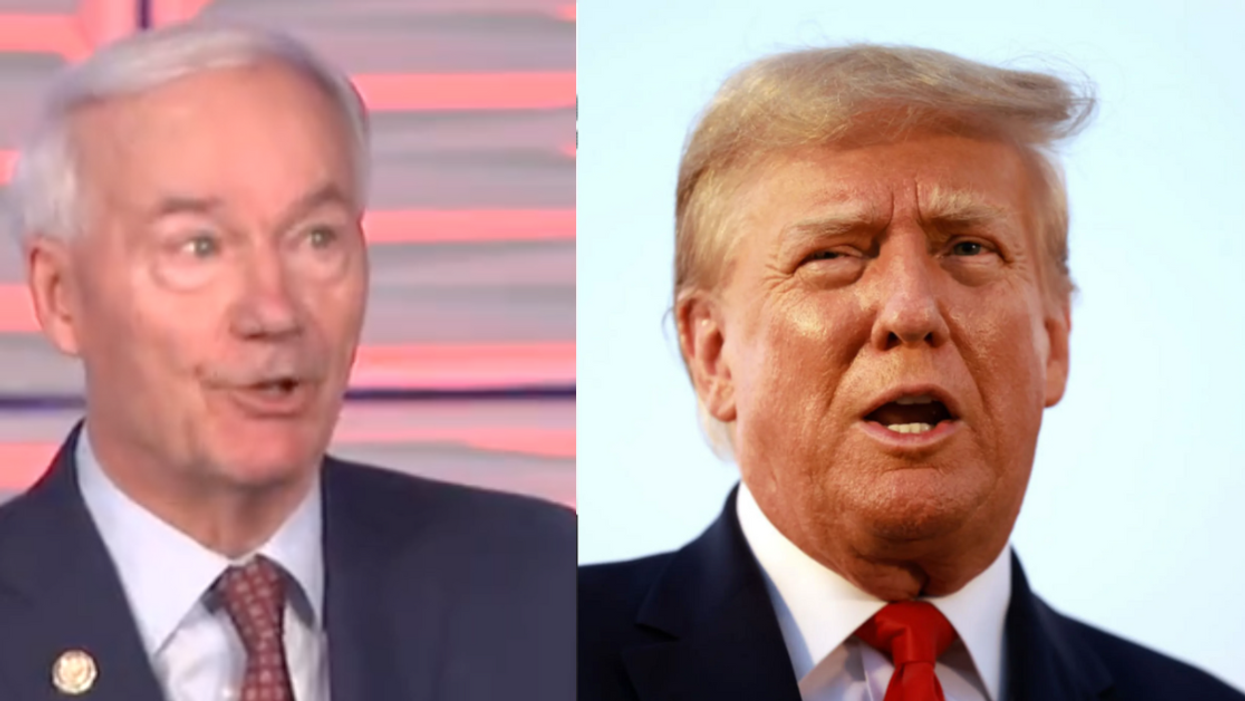

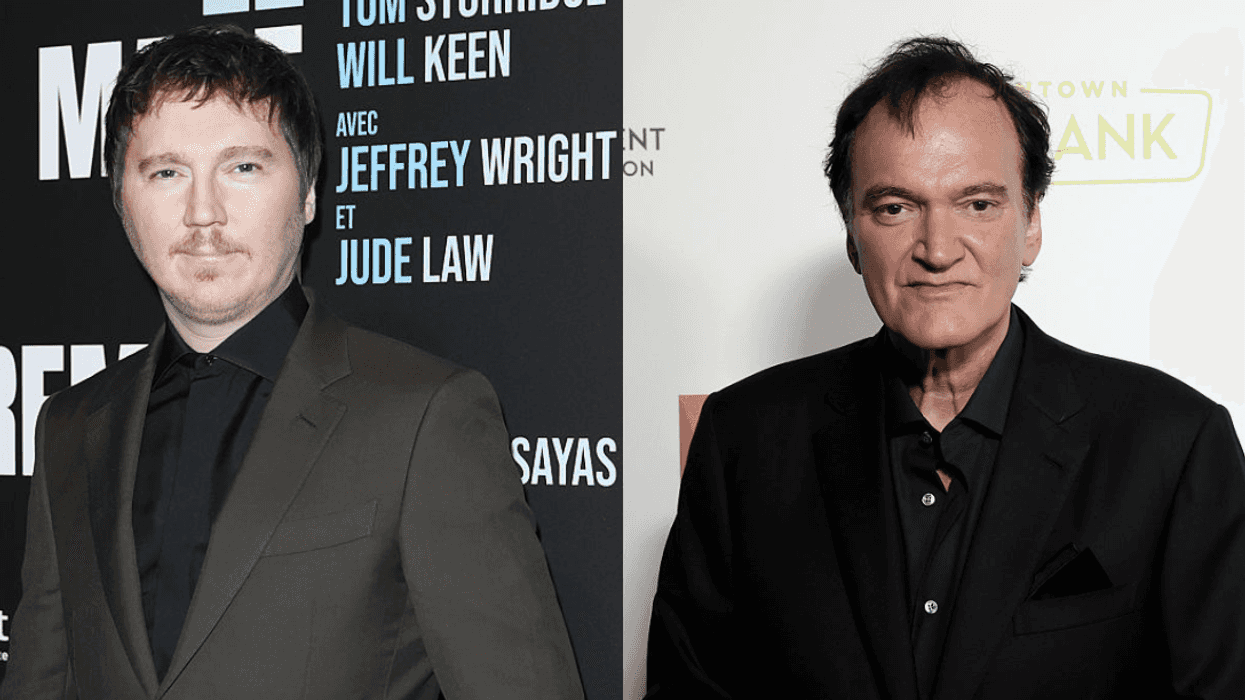
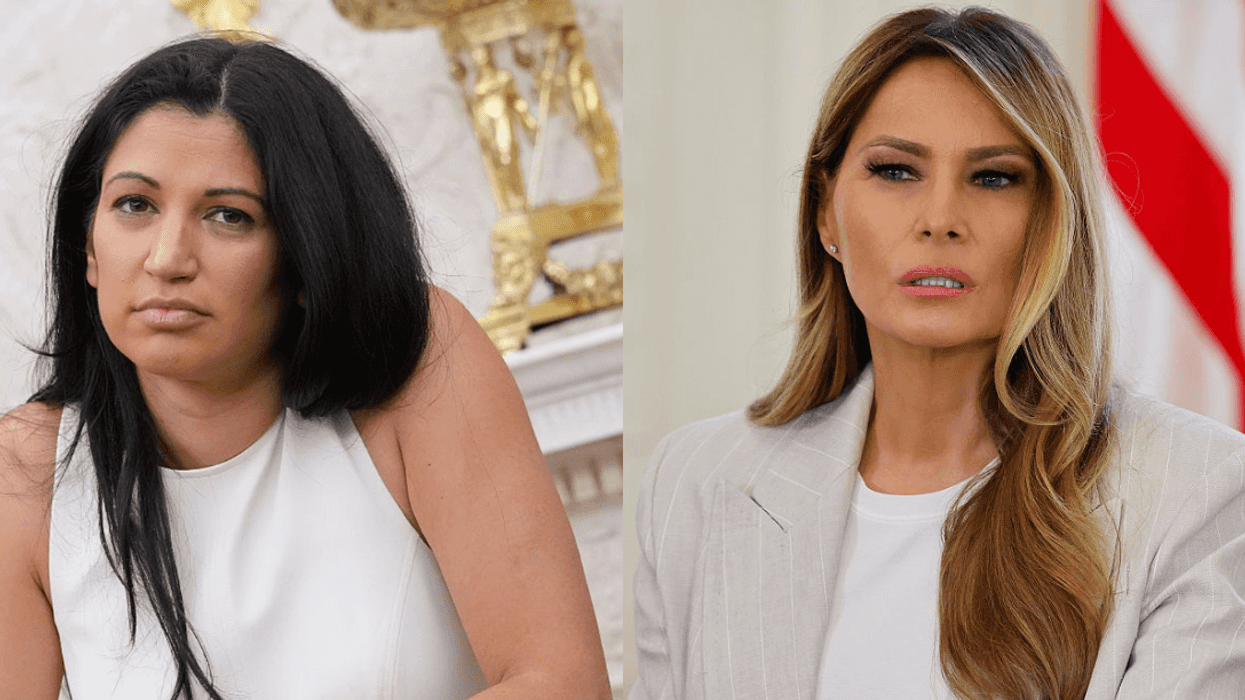

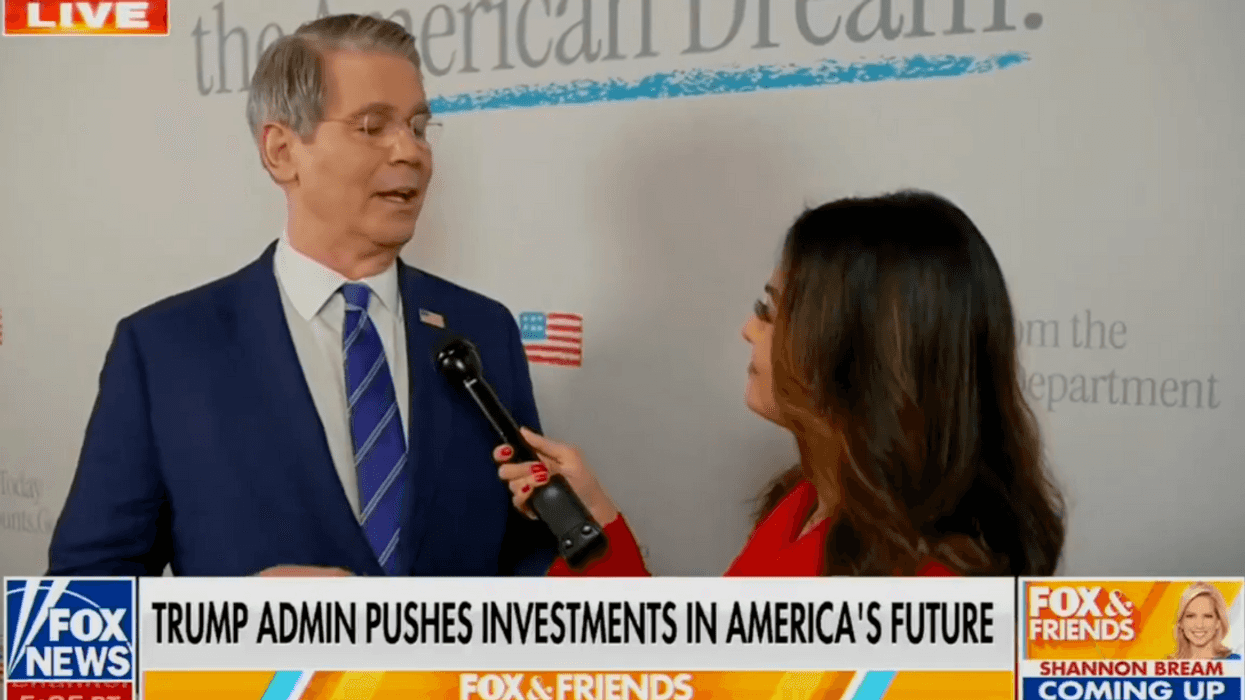
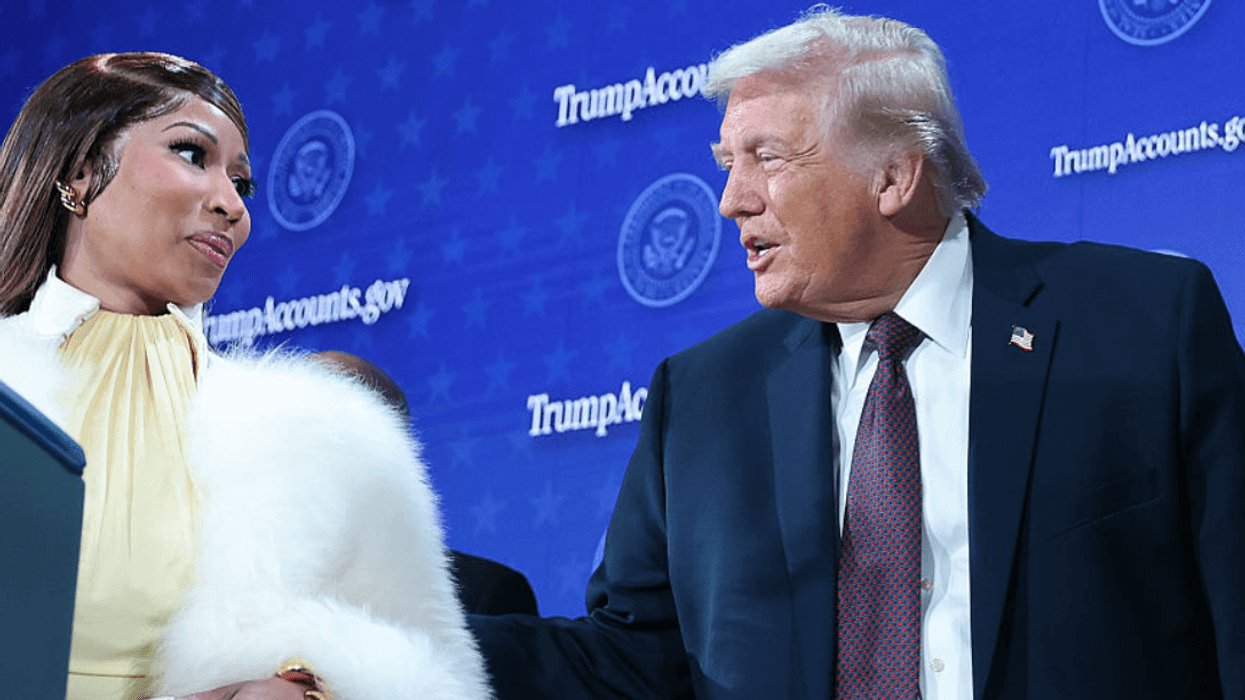
 @NICKIMINAJ/X
@NICKIMINAJ/X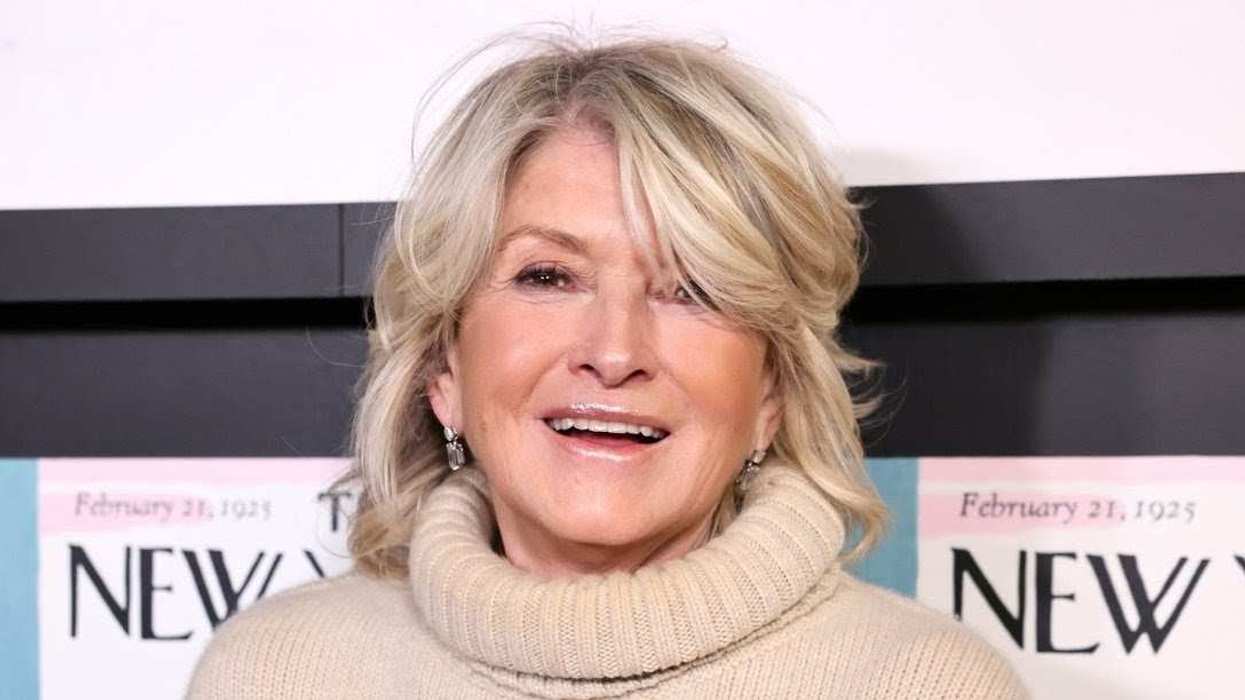
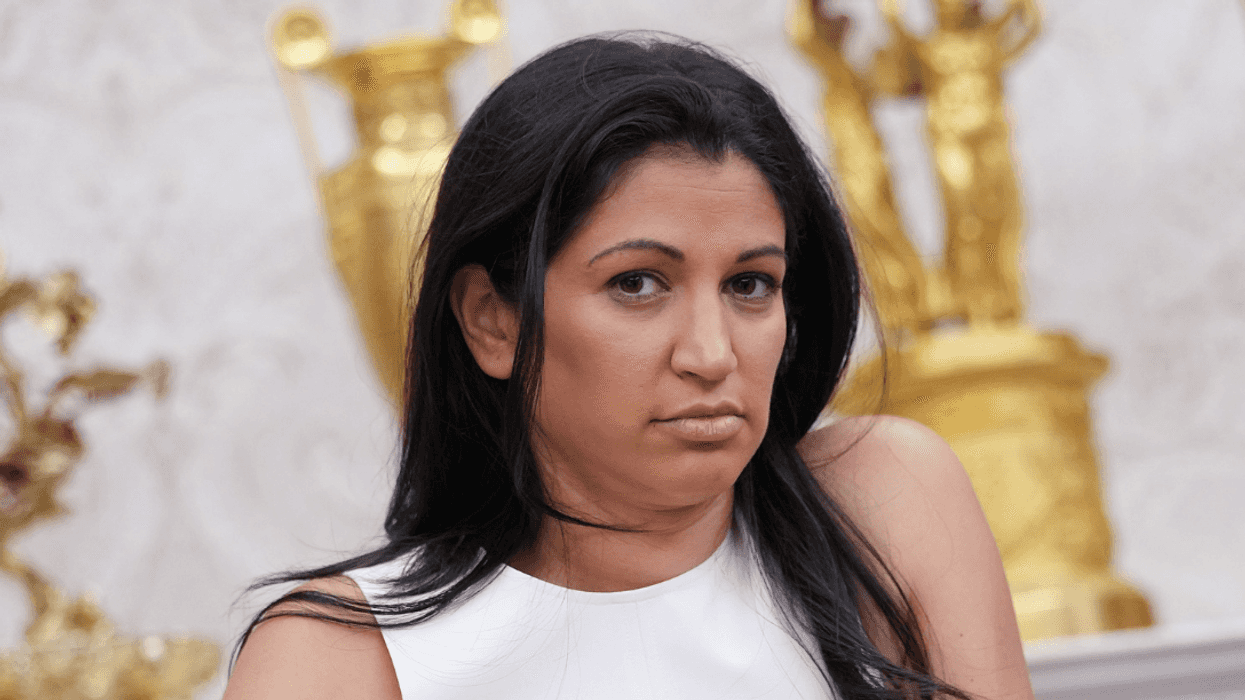


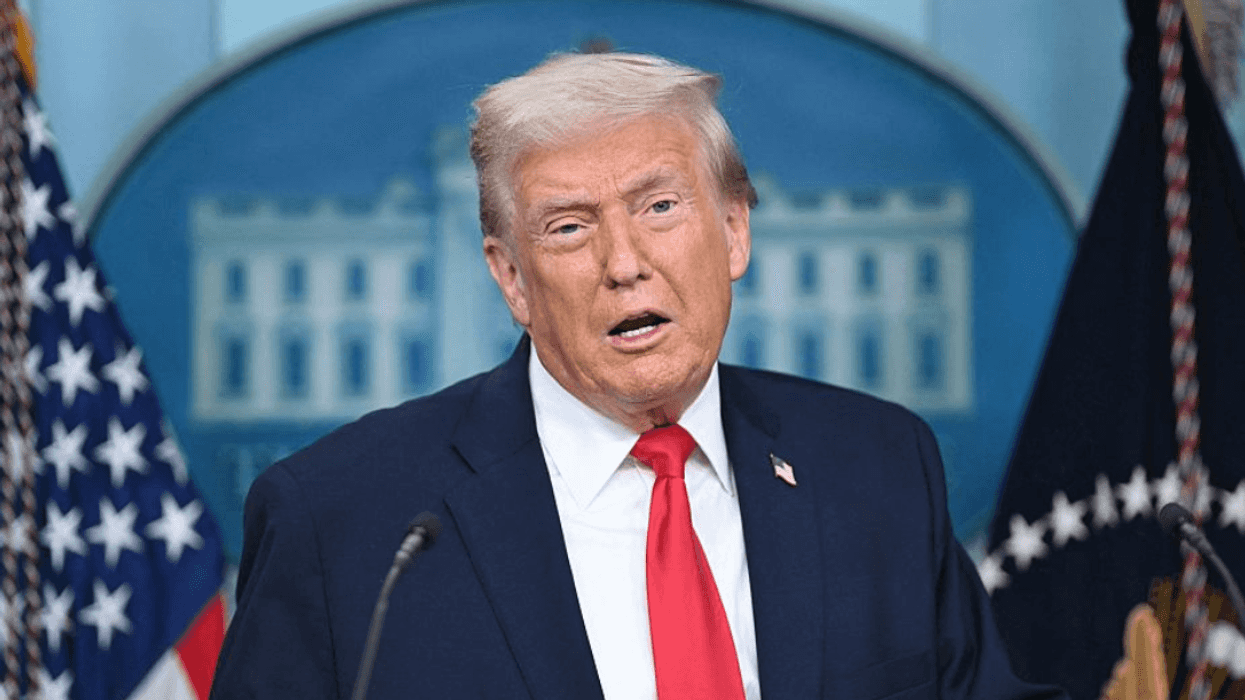

 Red Carpet Picture GIF by Robert E Blackmon
Red Carpet Picture GIF by Robert E Blackmon 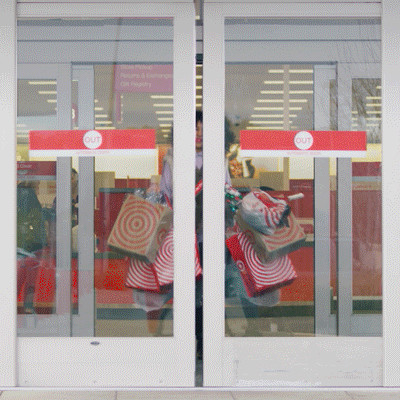 Black Friday Christmas GIF by Target
Black Friday Christmas GIF by Target 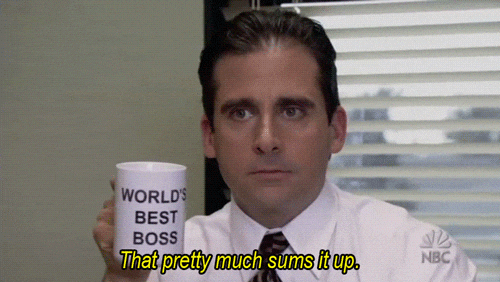 The Office Boss GIF
The Office Boss GIF  Stay Single Animation Domination GIF by gifnews
Stay Single Animation Domination GIF by gifnews  Season 1 Wedding GIF by NBC
Season 1 Wedding GIF by NBC 
 @kellymengg/TikTok
@kellymengg/TikTok @kellymengg/TikTok
@kellymengg/TikTok @kellymengg/TikTok
@kellymengg/TikTok @kellymengg/TikTok
@kellymengg/TikTok @kellymengg/TikTok
@kellymengg/TikTok @kellymengg/TikTok
@kellymengg/TikTok @kellymengg/TikTok
@kellymengg/TikTok @kellymengg/TikTok
@kellymengg/TikTok @kellymengg/TikTok
@kellymengg/TikTok @kellymengg/TikTok
@kellymengg/TikTok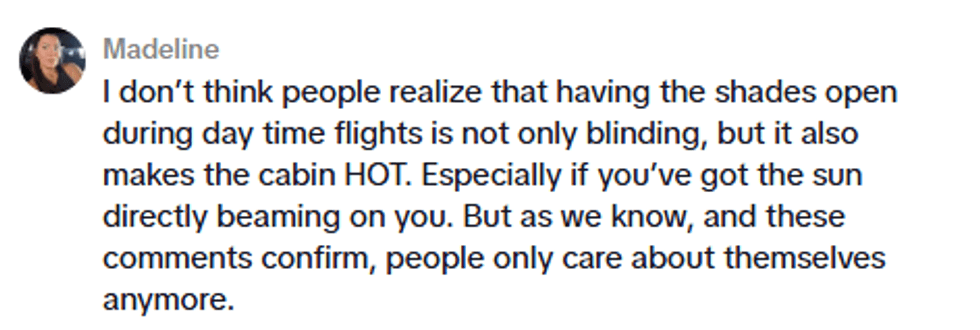 @kellymengg/TikTok
@kellymengg/TikTok @kellymengg/TikTok
@kellymengg/TikTok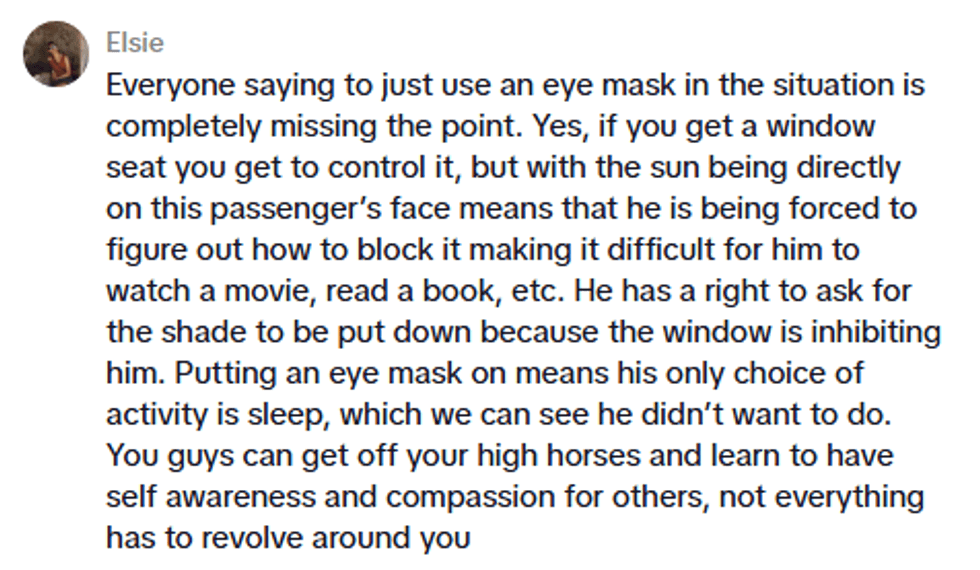 @kellymengg/TikTok
@kellymengg/TikTok @kellymengg/TikTok
@kellymengg/TikTok @kellymengg/TikTok
@kellymengg/TikTok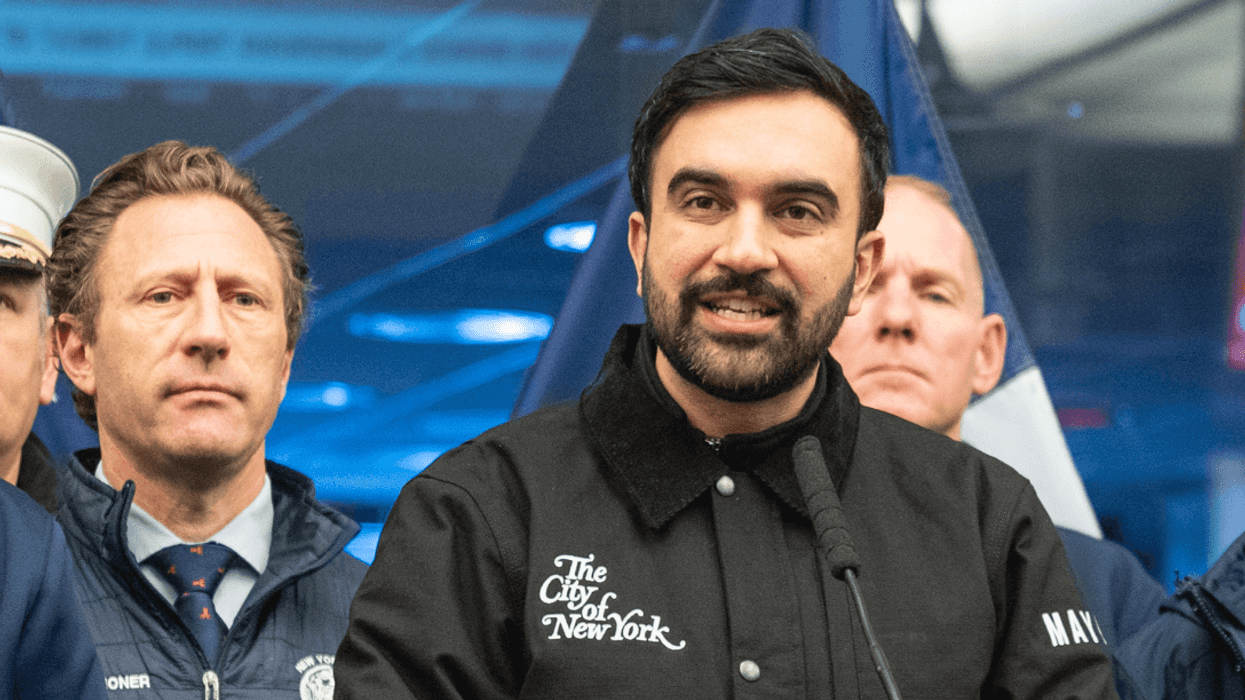
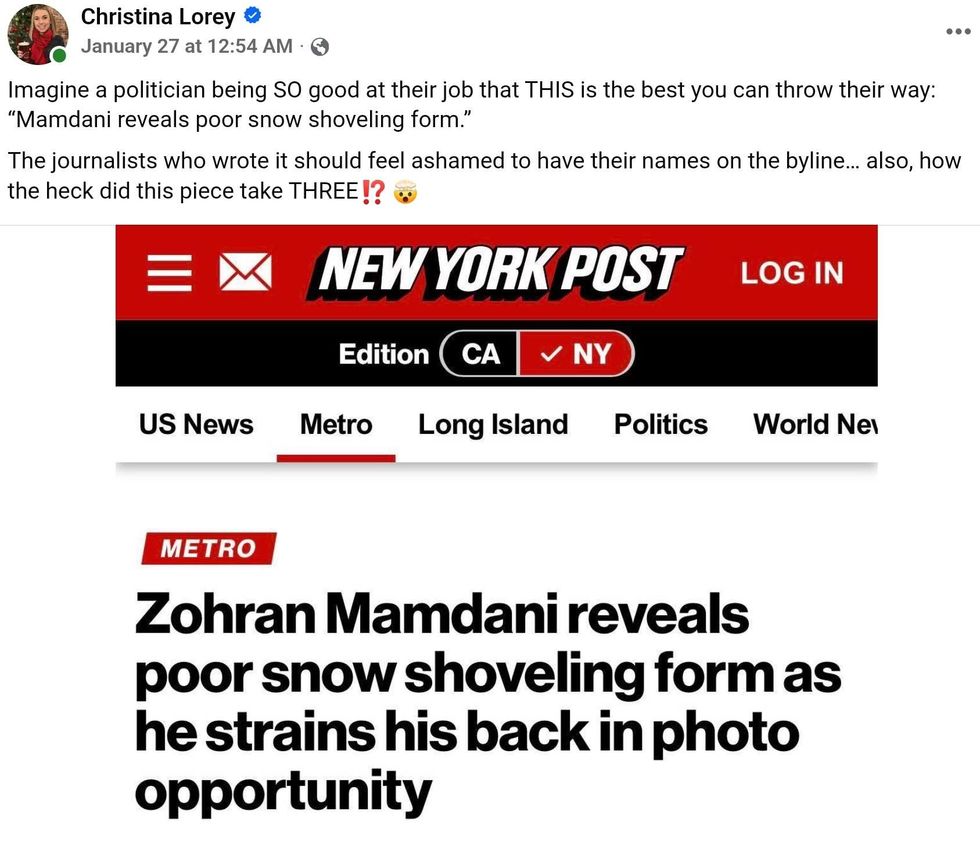 Christina Lorey/Facebook
Christina Lorey/Facebook Barry Novak/Facebook
Barry Novak/Facebook Mary Schroeder/Facebook
Mary Schroeder/Facebook Ben Kayser/Facebook
Ben Kayser/Facebook @danobears/Threads
@danobears/Threads
 @falkthisnonsense/Threads
@falkthisnonsense/Threads @barrypiatoff/Threads
@barrypiatoff/Threads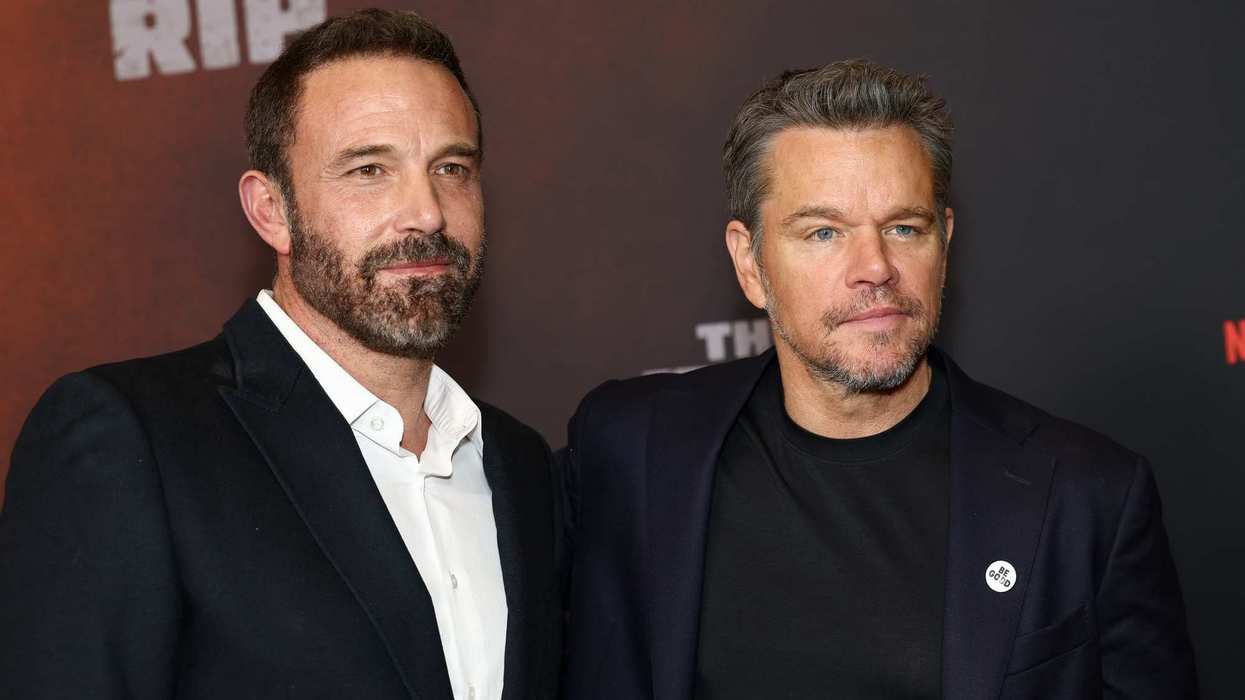
 @sareineity/TikTok
@sareineity/TikTok @jackb7730/TikTok
@jackb7730/TikTok @theboywanders/TikTok
@theboywanders/TikTok @george199013/TikTok
@george199013/TikTok @mrtempoe/TikTok
@mrtempoe/TikTok @soxfanchris/TikTok
@soxfanchris/TikTok